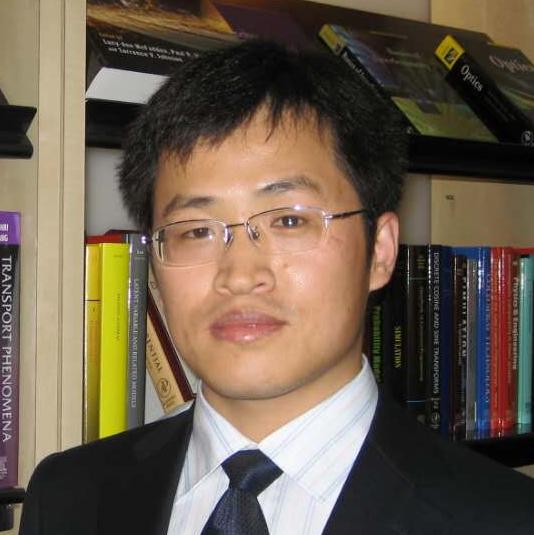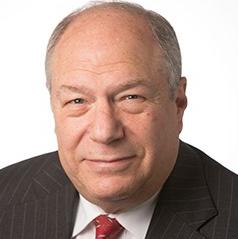The past two weeks has seen some dramatic diplomatic maneuvering in the Syrian chemical weapon crisis. Some Western countries, led by the United States and Great Britain, insisted that it was the Syrian government that used chemical weapons, and threatened an imminent military strike against Syria. All military deployments necessary were prepared, and it seemed that an order by President Barack Obama would be the trigger for an attack.
The United States’s excuse for launching a military attack against Syria was its allegation that the Syrian government used chemical weapons against civilians on August 21, which killed more than 1,400 people (including more than 400 children). In the two and a half years since the eruption of the Syrian crisis, any use of chemical weapons by the Syrian government has always been defined by the Obama administration as a “red line” to precipitate a military intervention in the Syrian crisis. In fact, this “red line” was crossed many times in the past year, but every time it failed to lead to any US military action because the Syrian government and the opposition accused the other of such attacks. The timing for the purported use of chemical weapons was, to some extent, fairly strange and difficult to understand, as it happened when the Syrian government armed forces had besieged the opposition forces on several fronts and the war developed in favor of government forces. The Syrian government forces, which were in a favorable situation, thus had no logical reason to use chemical weapons, because it would likely lead to intervention. Despite the persistent Syrian government defense , countries such as the United States and Britain still presumed guilt, maintained that it was the Syrian government that used chemical weapons, and swiftly make military preparations for an attack.
However, the hawks in the United States were caught unprepared as the drama unfolded. First, the strong US-Britain alliance, which has been advocating for military attacks began to disintegrate. Unprecedentedly, the British Parliament voted 272 to 285 against a military action plan tabled by Prime Minister David Cameron. At the same time, countries including Germany, Belgium and Poland, as well as NATO, also explicitly refused to take part in any military action against Syria. Furthermore, UN Secretary-General Ban Ki-moon and UN special envoy for Syria Lakhdar Brahimi all called to give peace a chance and opposed any military strikes against Syrian without a UN resolution. Russia and China also held their stance, opposing any military action before the investigation results by the UN chemical weapons inspectors are released. And in the United States, many members of Congress demanded congressional debates on and Congressional approval for the issue of military strikes. Opinion polls also found that more than 60 percent of US citizens were against such military actions.
With the Obama administration in an awkward dilemma over its Syrian military options, Russian President Vladimir Putin played the Russian government’s trump card a “flexible diplomatic solution”. On the one hand, Russia sent its warships to the Mediterranean. On the other hand, at the G20 Summit in St. Petersburg, a Russian initiative, under which “Syria hands over its chemical weapon arsenal for peace”, was adopted, and was supported and applauded by the international community, including the permanent members of the UN Security Council. Putin’s plan effectively averted, at least for the time being, the imminent threat of war on Syria, and gave hope to peace-loving people in the world. Some media reports even suggested a Nobel Peace Prize for “tough man” Putin.
In addition to winning “an upper hand” for averting war,, the Putin initiative also marked a high-profile Russian return to the Middle East, indicating that Russia has become an important player in the region, and to some extent, a “decision maker”. For Syria, which has full support from Russia, the “chemical weapons for peace” plan between the US and Russia not only succeeds in preventing a forthcoming military attack by the United States, but also helps President Bashar al-Assad’s regime win some precious time to consolidate its achievements on the battle front. In the one year in which it promises to hand over and destroy its chemical weapons, the Bashar al-Assad government could focus on military operations to fight against and defeat the armed rebels.
For the Obama administration, however, the dramatic failure in “launching an imminent attack on Syria” not only undermined its image as a superpower or even its influence in the Middle East region, but also dealt a heavy psychological and spiritual blow to the US hawkish factions who have strongly believed in the doctrine of “American Exceptionalism.” Although Barack Obama quoted a verse from the Art of War by Sun Tzu “the supreme art of war is to subdue the enemy without fight” to defend himself, the US conservatives have already defined this as the “Obama’s weak and supine diplomacy.”, Such discontent with Obama will probably be used to boycott his other domestic and foreign policies, or could continue to build and manifest in the next presidential elections.
The war threat from the chemical weapons crisis in Syria has waned, but has not disappeared. The maneuver between the United States and Russia has shifted from the first stage of defending Syria from an imminent US military strike (in which Putin is the winner), to the US-dominated second stage, in which a military strike is still an option in the future if Syria fails to cooperate (the game playing in the UN Security Council and the haggle of the US, Britain and France with Russia). The report by the UN chemical weapon inspectors confirmed the use of chemical weapons in Syria, but it did not say which side used such weapons. At a time when the US, Britain and France still insisted that the Syrian government used such weapons, the Syrian government submitted new evidence to Russia showing that it was the opposition that used chemical weapons. Russia has said it will soon transfer and hand over such evidence to the UN Security Council. Uncertainties over the chemical weapon issue in Syria are still far from being cleared and settled, and the strategic haggle between the US and Russia will continue.
He Wenping is a senior research fellow with the Charhar Institute and researcher at the Chinese Academy of Social Sciences’ Institute of West Asian and African Studies.



